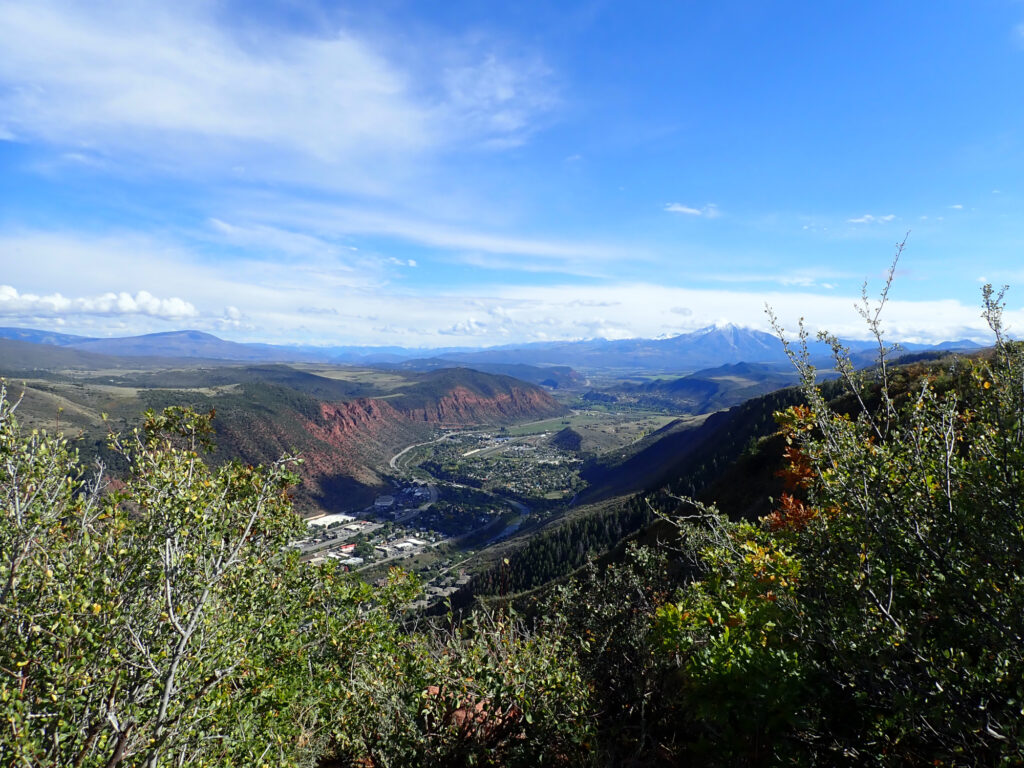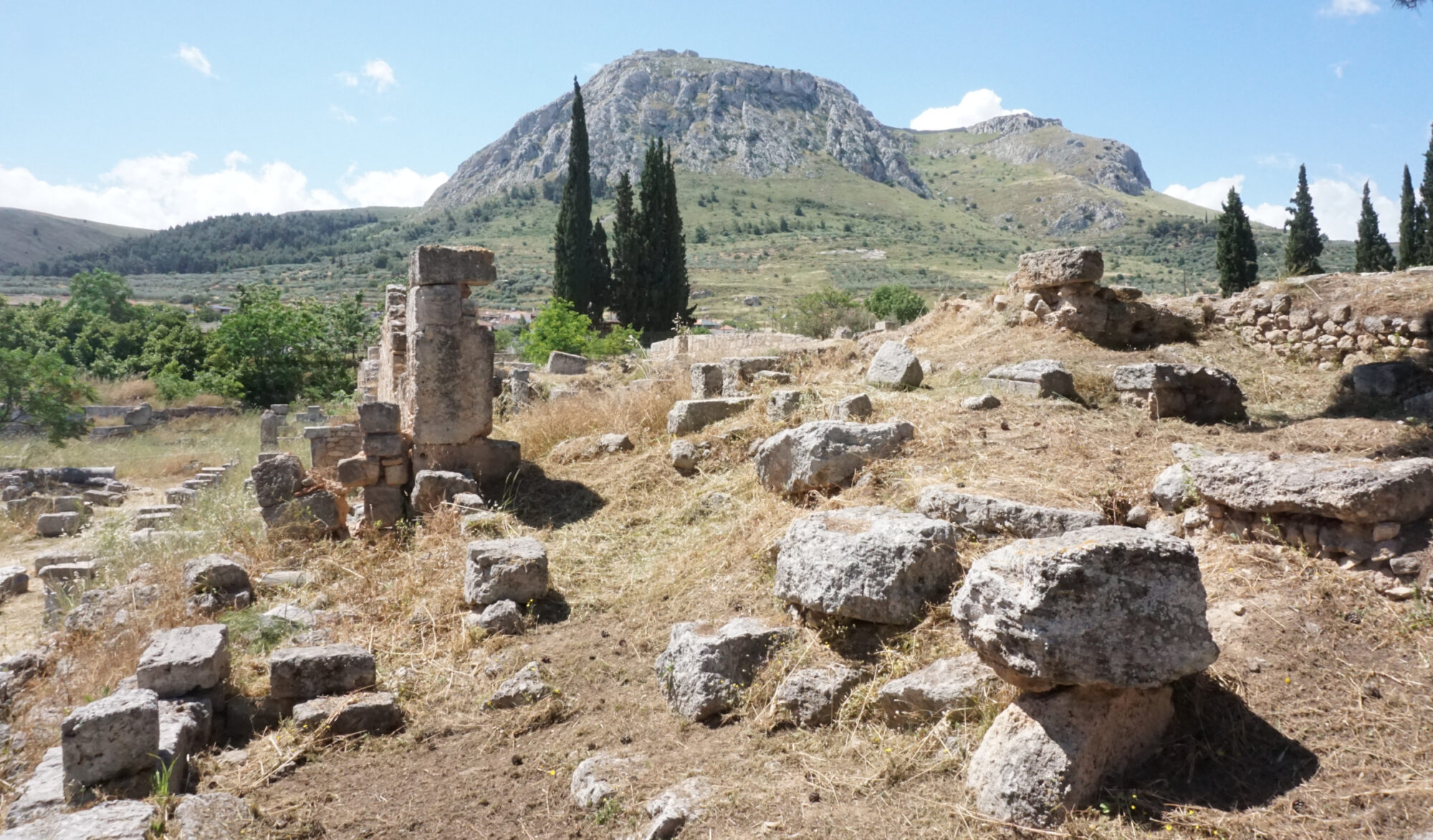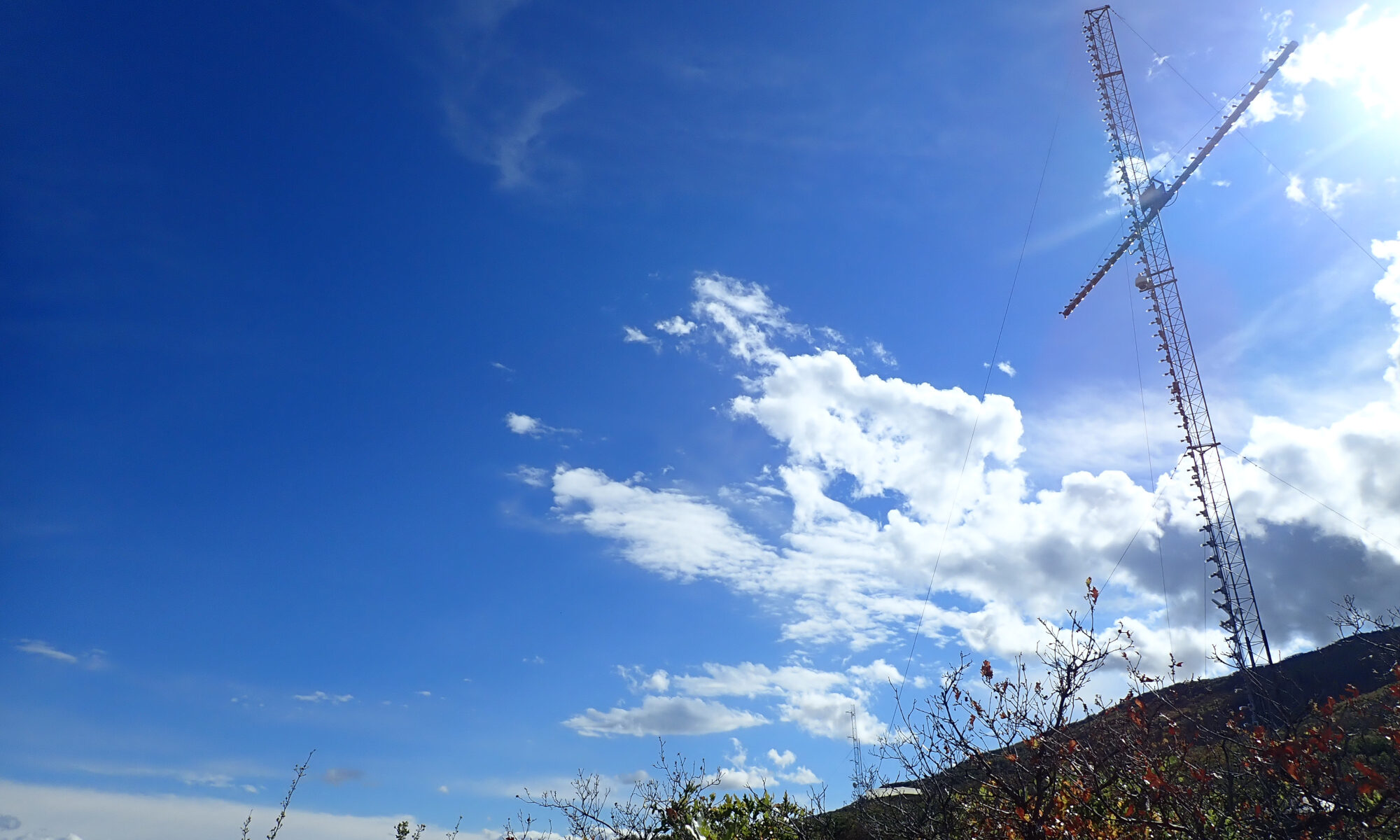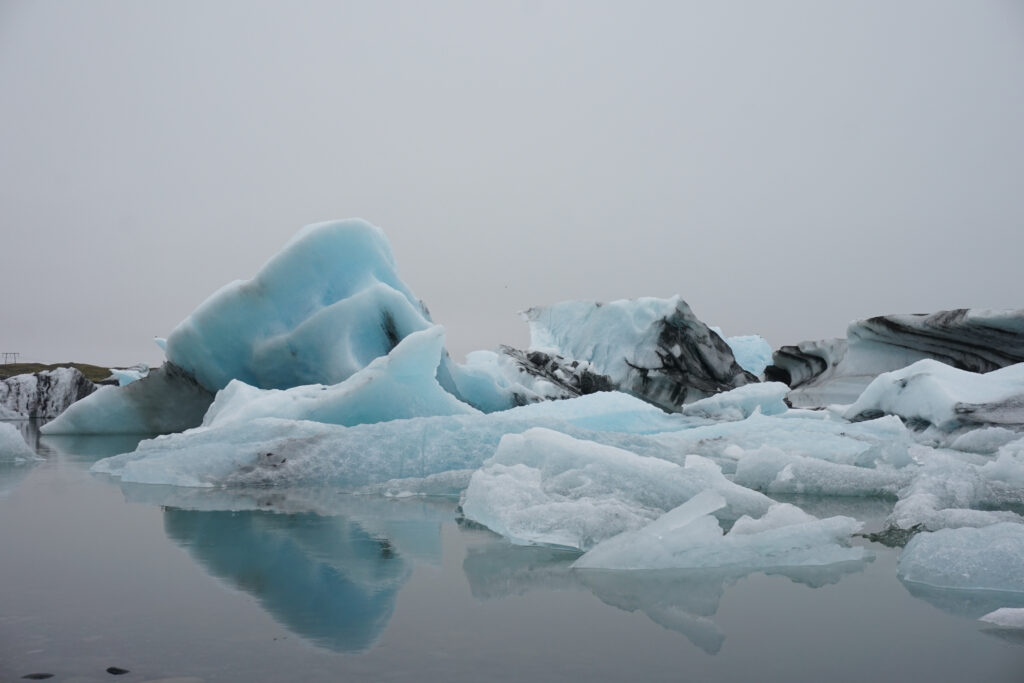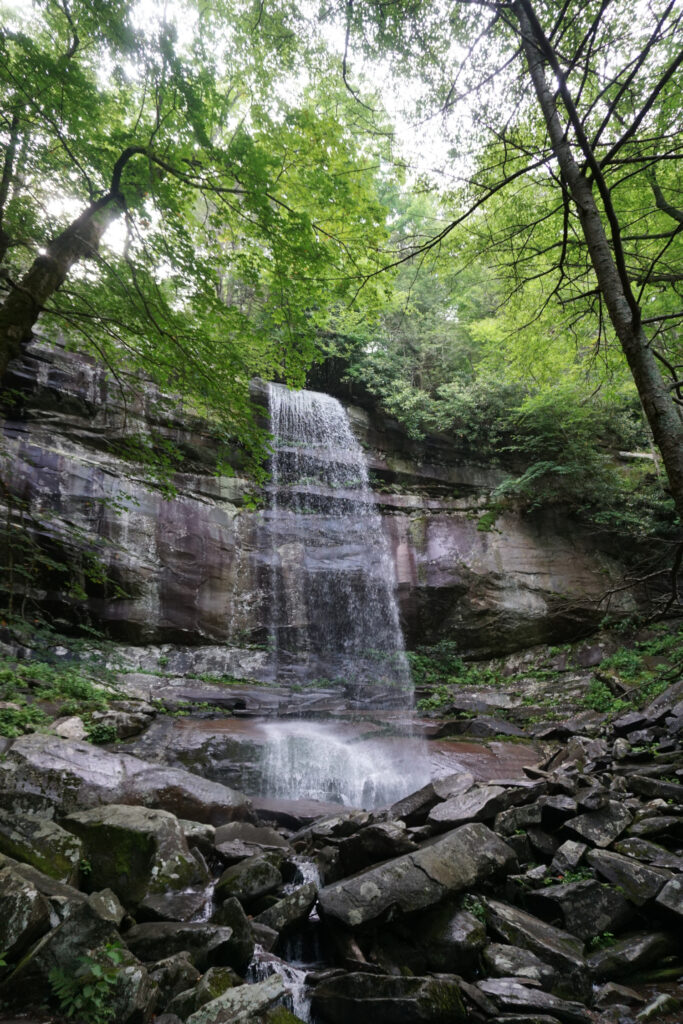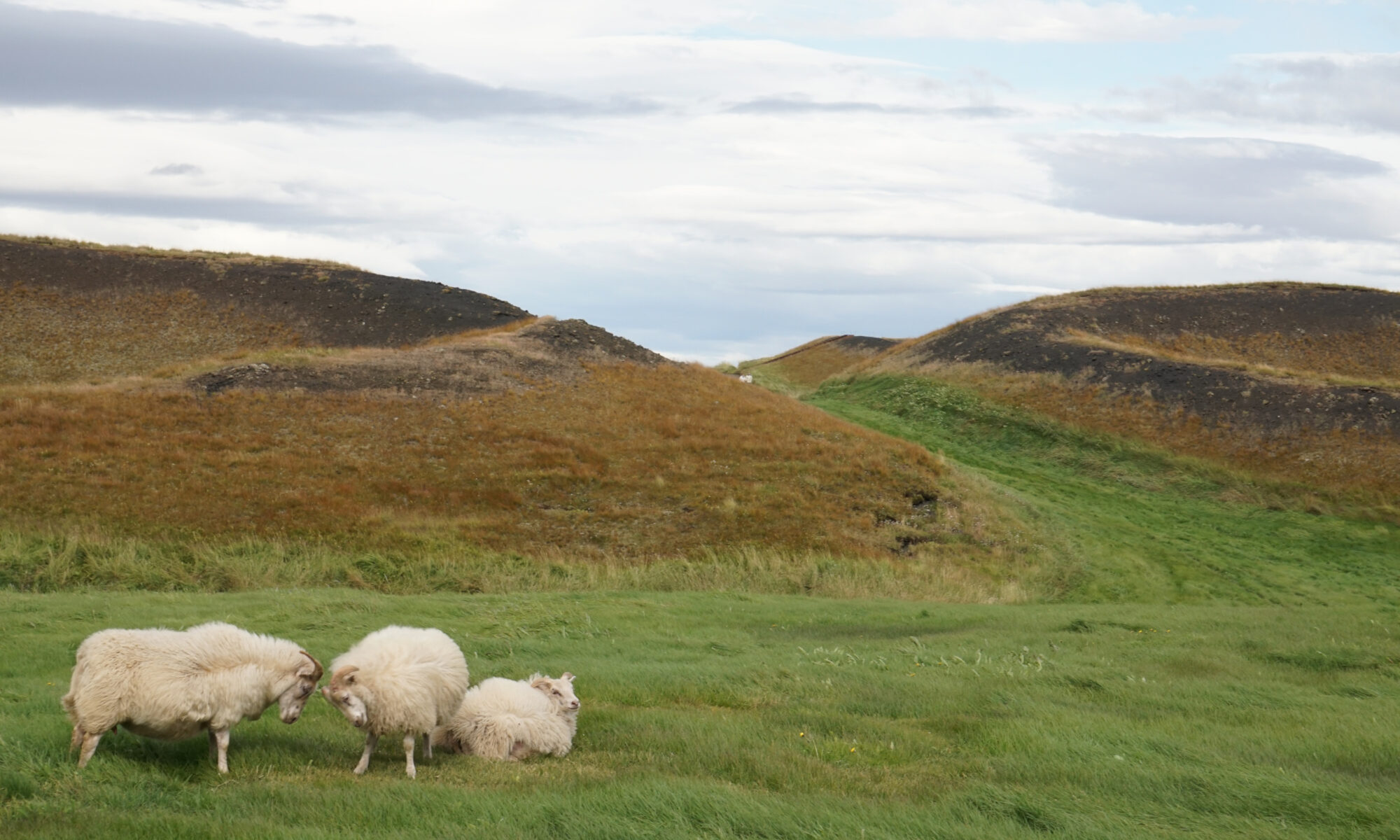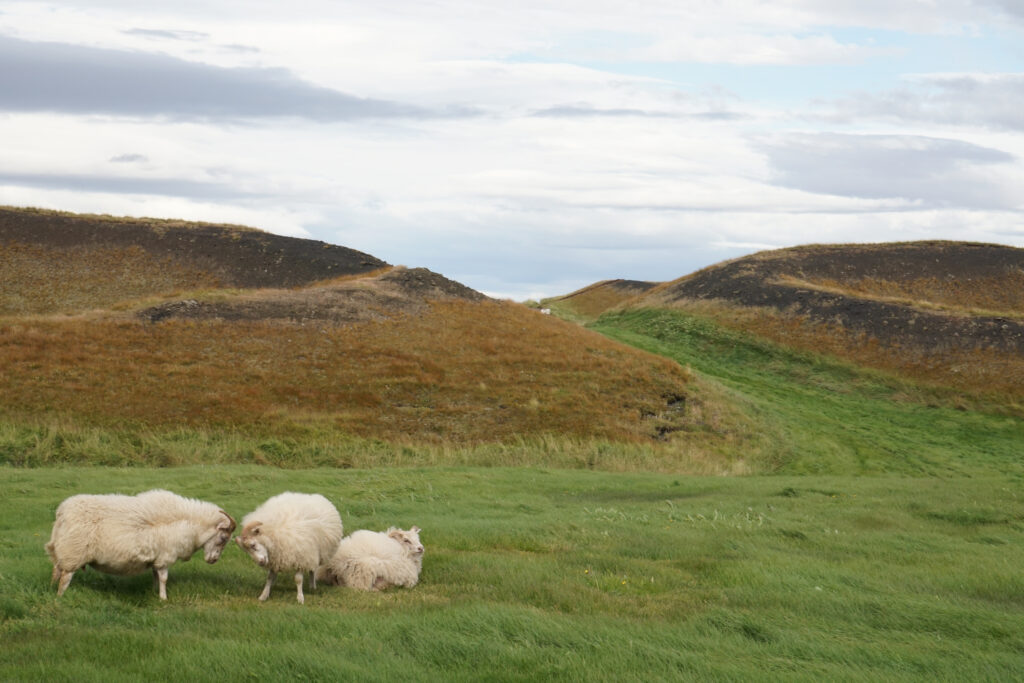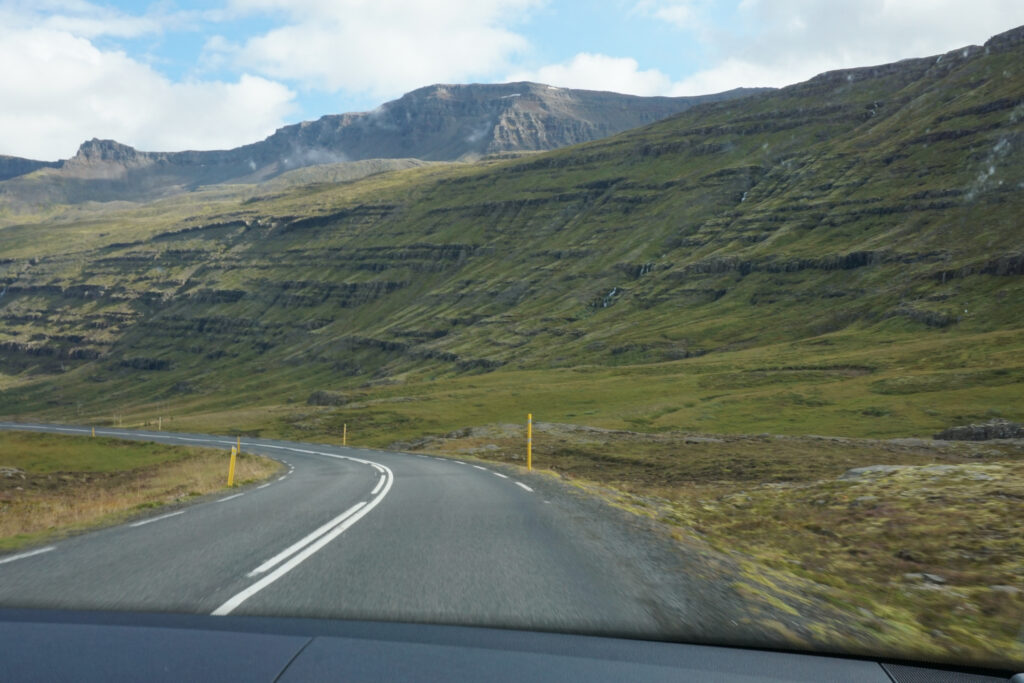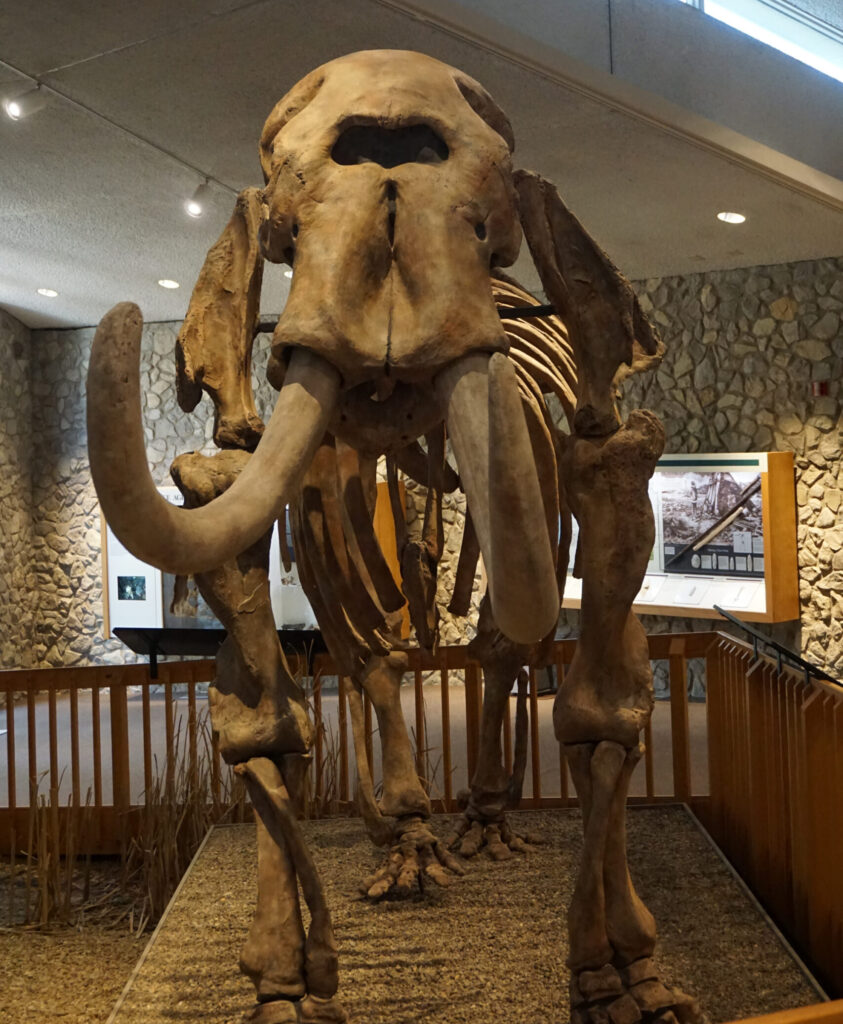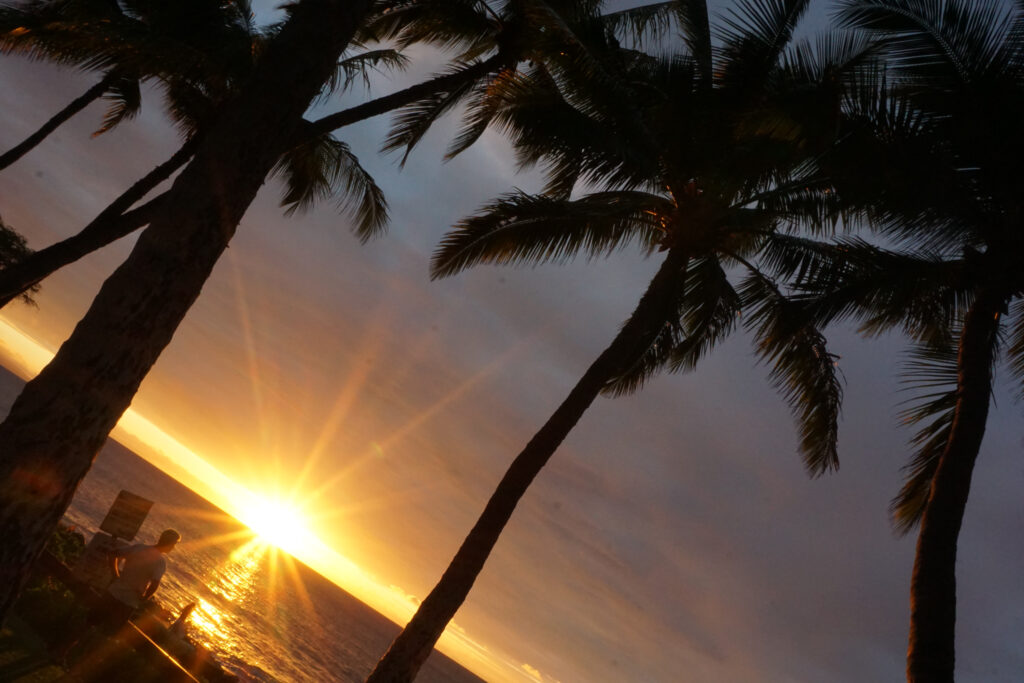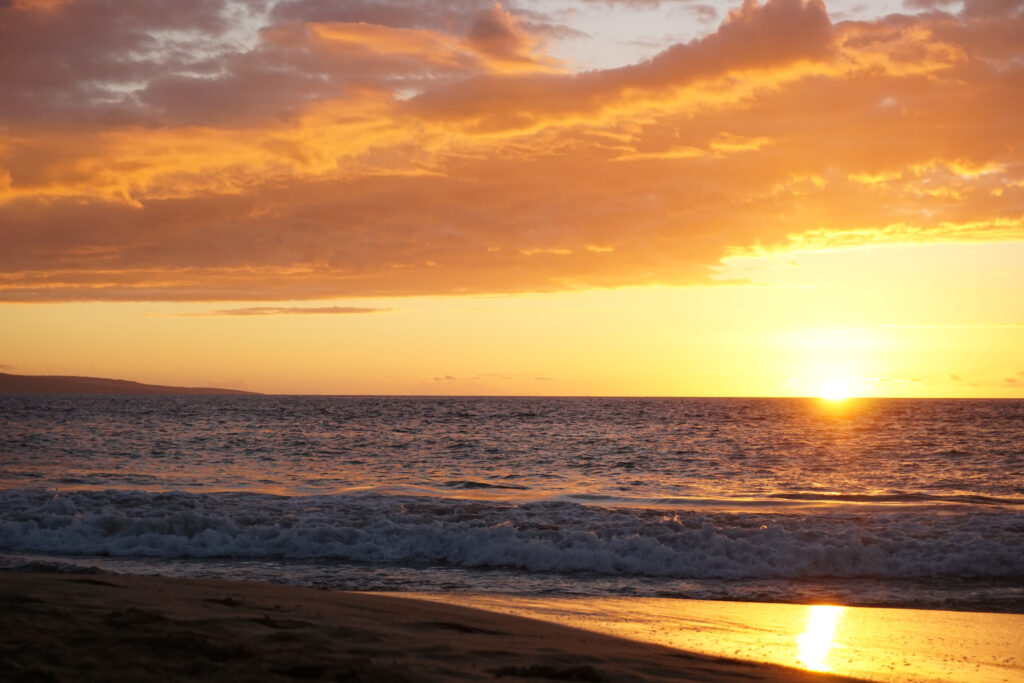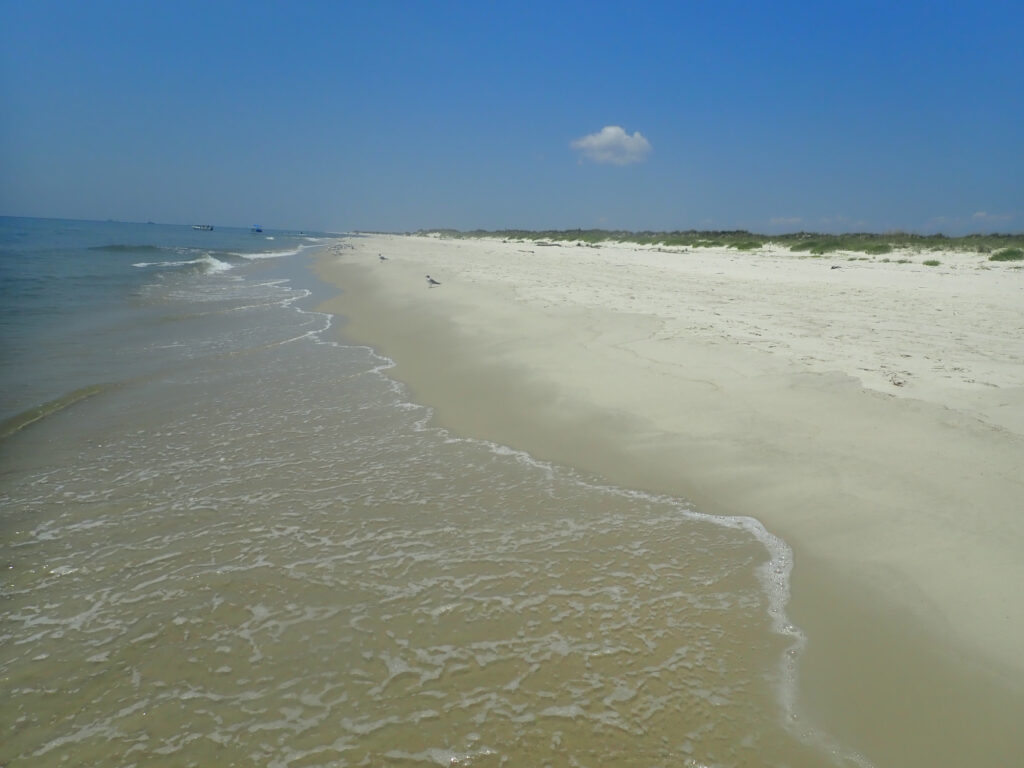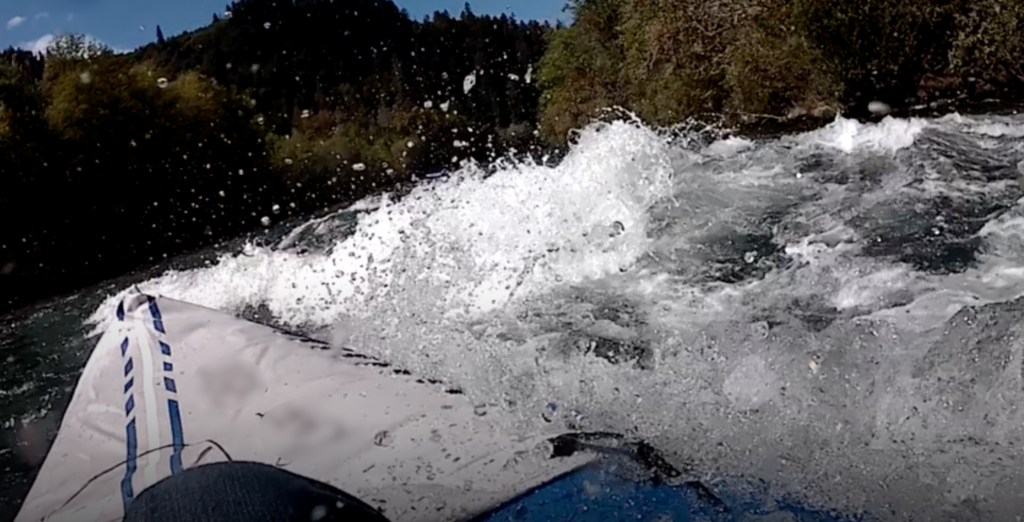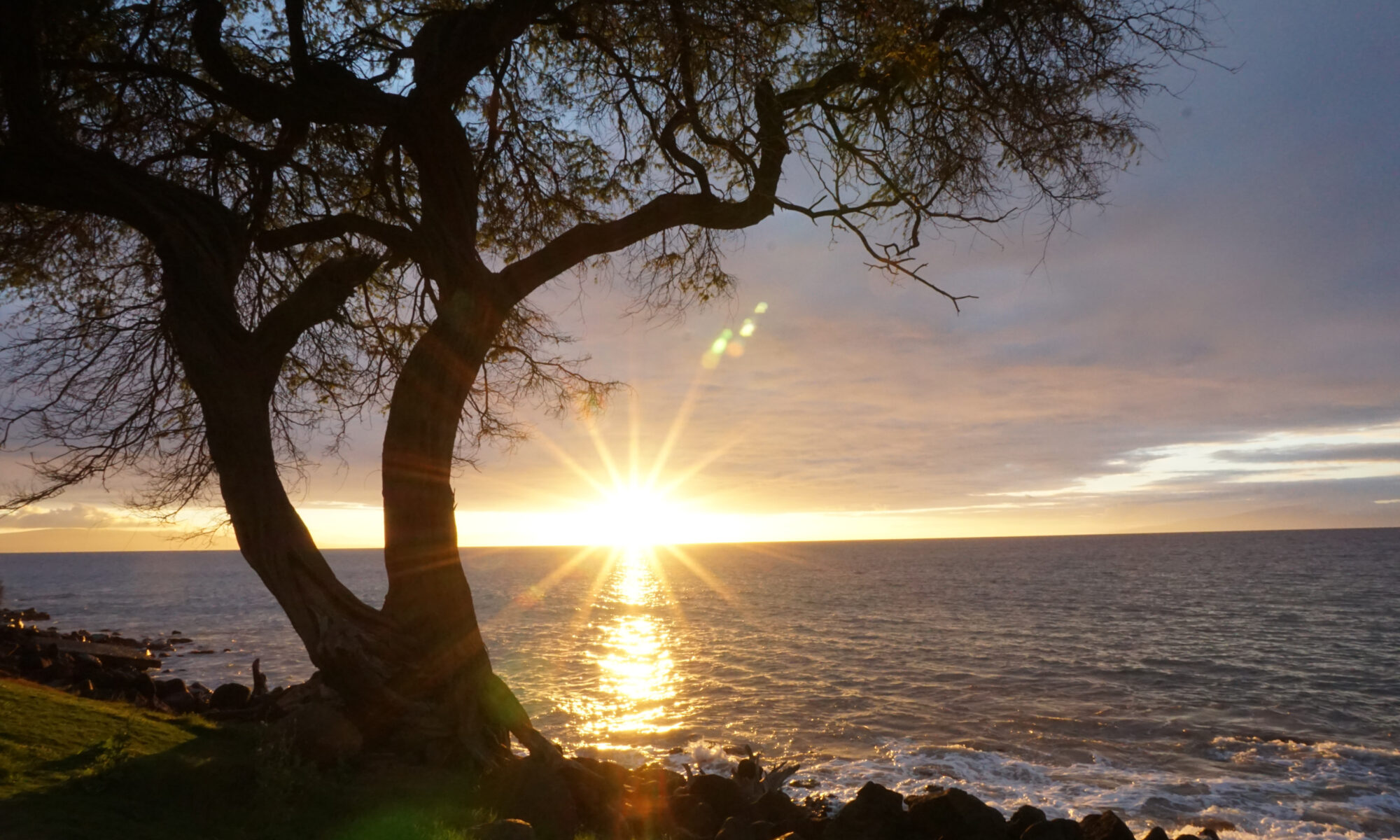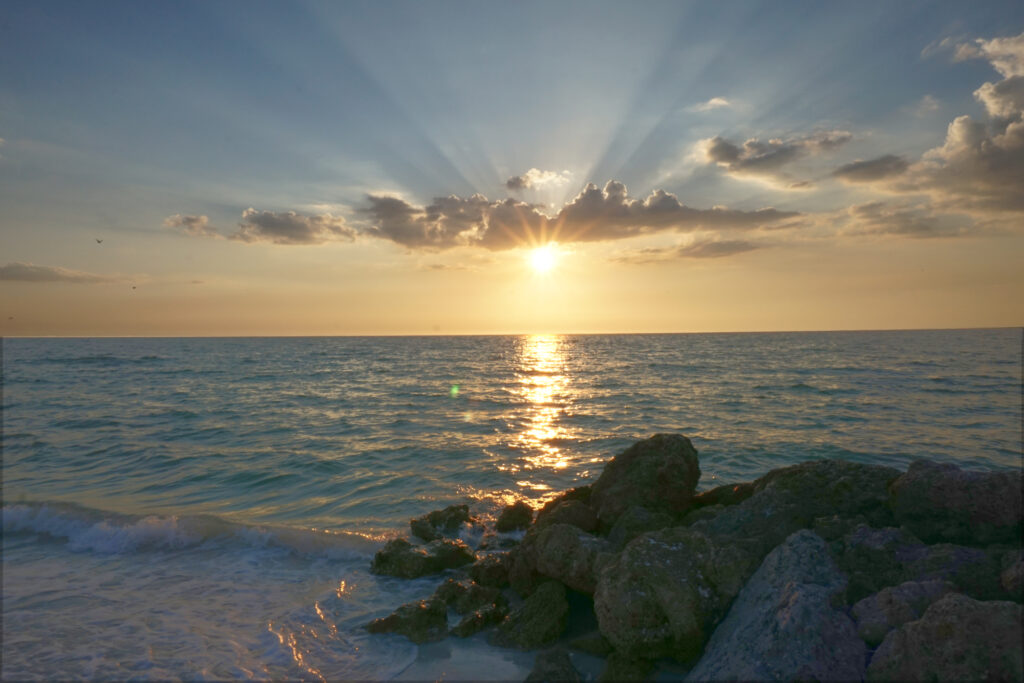Proverbs 15:24 (ESV)—The path of life leads upward for the prudent, that he may turn away from Sheol beneath. Proverbs 15:24 (GNT)—Wise people walk the road that leads upward to life, not the road that leads downward to death.
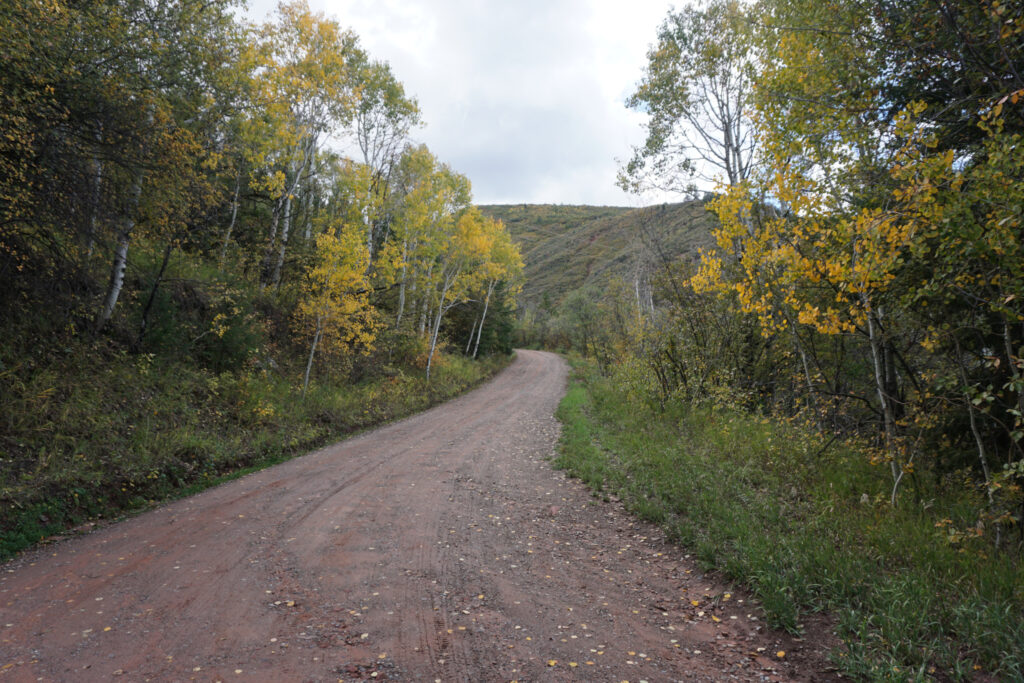
In Glenwood Springs, Colorado, I hiked the Red Mountain Trail, a moderate trail with a steady climb on a zigzag path about three and a half miles long. About halfway up the trail, I huffed and puffed, admiring the panoramic vistas but questioning my husband, “Should we turn back?” while we stopped to rest at an overlook. My eyes scanned upward, backward, and I decided we’d come to Colorado to hike, to see the fall colors, so hike we did. Right to the top, where a metal cross stood to mark our victory. We endured.
The path of life is like a trail that tests our endurance. The bends bring surprises—of beauty and of pain. In the beauty, it’s easy for us to move on. Out of breath, low on energy, we question our ability to move forward or we wonder why we’ve chosen this path in the first place. Then we reach an overlook that displays the vastness of our choice and we find the energy to go on.
Moving forward brings us closer to God, and he gives us the tools to endure until we reach the foot of the cross and our eternal reward. In our struggles, he brings us peace when we put our minds on him. His peace protects our hearts and minds. When his peace rules our hearts, we can reach the cross through all of life’s circumstances. We can endure.
